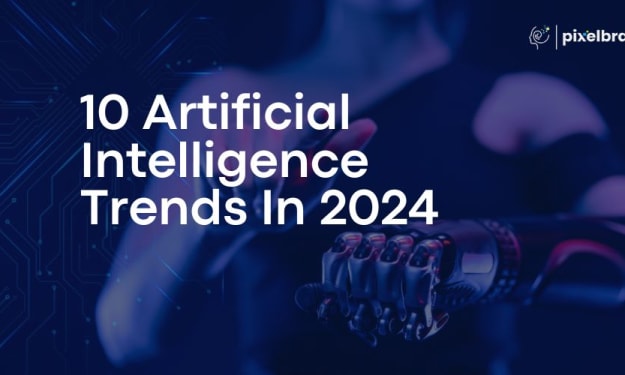
Technology is constantly evolving and progressing. There might be a point in time when artificial intelligence will replace human in certain fields. When AI was first introduced to the world, we predicted that the translation industry would be one of the firsts to be taken over by computers. The technology has been evolving for a few years now, but it is still fair to say that professional translators will not be replaced by artificial intelligence in the near future.
For starters, AI technology still needs adjustments as it is not yet perfect. It still has flaws and as it does not understand what it’s translating, it translates word for word or sentence for sentence, while professional translators take the time to truly comprehend what they are writing, and they understand language subtility. Unfortunately, automated translators are unable to “pick up language nuances .” Texts can be quite complex and contain puns, rimes, sarcasm and idioms that computers are not programmed to understand and to express it in another language. Sometimes, in order to adapt a pun or idiom to another language, translators have to transform the sentence completely. Furthermore, it has been shown that “there are still cultural signals that technology misses .” The same language can be spoken on different continents and therefore it evolves different ways, so while a word can mean something somewhere, it can have a completely different meaning elsewhere in the world. For example “flat” in North America refers to an even surface while in the United Kingdom, it can also refer to an apartment. An automated translator does not have the resources to understand the origin of a text or adapt it. AI is therefore unable to understand and express language subtilities as well as humans can.
In addition, computers will never be able to have and truly understand human emotions. While they might be programmed to detect signs of a particular emotion like tears, smile or frowned eyebrows, they are and always will be machines. They do not think by themselves or make decisions, they only behave the way they are programmed to behave, and “machines are not programmed to have feelings or show emotions or empathy .” The fact that they cannot understand human emotions also means that they cannot express them in another language. Imagine reading a romance novel that was entirely translated by a machine, it would be so far from the original and not nearly as good as what a professional translator would do. It is easy to forget that translators are writers before everything else. Therefore, professional translators remain an essential part of the translation process because of the inability of AI to feel emotions.
However, one might say that AI technology has great advantages compared to humans. Robots and computers do not have the same physical restrictions as humans do, they can work so much faster: “translating 300 trillion words compared to an estimated 200 billion words translated by the professional translation industry in 2019 .” These impressive numbers might prove their speed but is in no way an indicator of the quality of their work. Also, in contexts such as the Covid-19 pandemic, having information rapidly available in different languages is key in distributing life-saving information to health authorities . Unfortunately, automatic translators cannot work on their own, because of their lack of accuracy, AI translation should still be validated by a knowledgeable person . AI can be used as a tool to professional translators, but using it on its own, especially in sensitive situations, could bring harmful misinformation. Therefore, automatic translation is not yet a viable replacement for human translators.
To conclude, the arrival of AI technology has certainly disrupted the professional translation industry, but it will not surpass human translators as robots are, although very fast, unable to understand and detect subtilities in complex writing. They also do not understand or show emotions, making them unfit to translate with as much precision as humans. Automatic translation can be a great tool to accompany professionals, but not to take their place.
Mediagraphy
“AI in the Translation Industry – The 5-10 Year Outlook.” [AI]thority. March 18, 2020. https://aithority.com/guest-authors/ai-in-the-translation-industry-the-5-10-year-outlook/ (consulted on March 30, 2022).
VANDAELE, Sylvie. « Intelligence artificielle et traduction, quelle place pour les humains. » UdeM nouvelles november 29, 2018 https://nouvelles.umontreal.ca/article/2018/11/29/intelligence-artificielle-et-traduction-quelle-place-pour-les-traducteurs-humains/ (consulted on April 3, 2022).
DAS, Pritom. “3 Impacts of AI in the Machine Translation Industry.” Entrepreneur. December 7, 2021. https://www.entrepreneur.com/article/394440 (consulted March 30, 2022).
VERHOLEN, Paula. “The Impact of Artificial Intelligence on the Language Translation Services Industry.” LinkedIn. November 28, 2018. https://www.linkedin.com/pulse/impact-artificial-intelligence-language-translation-paula-verholen (consulted on March 30, 2022).
About the Creator
Crystal_White
Little pieces of me…
Enjoyed the story? Support the Creator.
Subscribe for free to receive all their stories in your feed. You could also pledge your support or give them a one-off tip, letting them know you appreciate their work.






Comments (1)
Great work! Fantastic job!